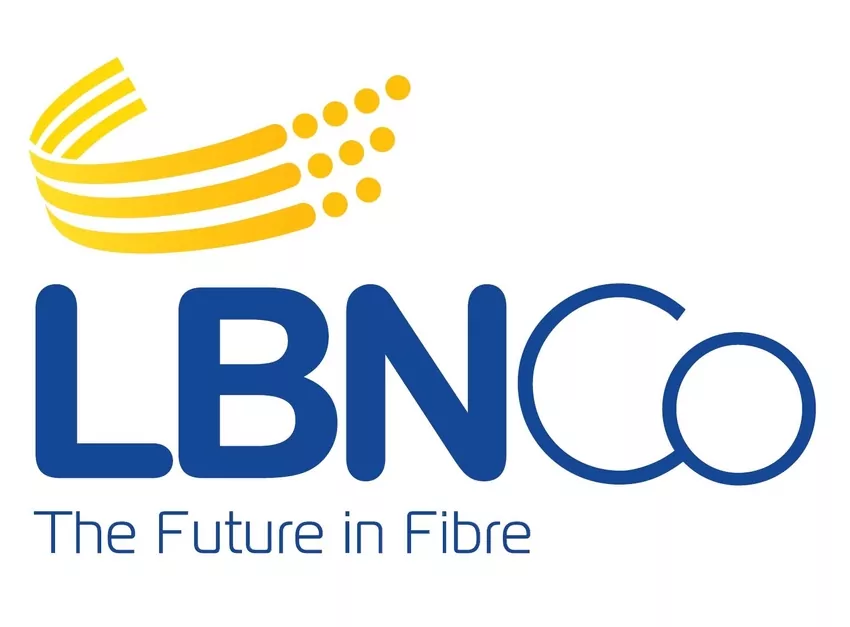Frank Barillaro: So tell me a bit about Flavorite, how it started, and more importantly, how you guys were the first really in Australia to pioneer tomatoes under glasshouse as we know it today.
Mike Nichol: We're a family business. We started 30 years ago and we decided to grow some tomatoes that had a bit of flavor. So we called the business Flavorite.
We decided that growing in a glasshouse would give us better quality, more consistency and better flavor outcomes for our customers.
Frank Barillaro: Explain to me a little bit about the difference in reliability of glasshouse production and why it's appealing not only to the consumer, but also to the supermarkets as well.
Mike Nichol: We've got a growing population. People are looking to eat more healthily, and our customers want our production to be more sustainable.
So our footprint allows us to do what we do in a more sustainable way than field production. You know, we are 10 times more productive per liter of water that we provide to our crops than what happens in the field.
So, it's a great sustainability story, but it also, for our customers, we can see the next eight weeks of production on that plant in a controlled atmosphere environment. And so they're guaranteed that that product will be on their shelf, whereas if you're growing in the field, you're at the mercy of the, of the weather.
You can bring a tomato crop almost to the picking stage and then you get a hailstorm or, or excessive rain and all of that hard work that they put in is lost.
Frank Barillaro: We're sitting here in front of a couple of tomato plants. This is about eight weeks old. So how big will this thing grow and roughly how many kilos of tomatoes will it produce over its lifespan?
Mike Nichol: The plant itself will grow up to 15 meters long, so it grows about 30 centimeters a week, depending on the time of the year, but probably about 40 kilos of tomatoes will come off that plant in its lifetime.
Frank Barillaro: Amazing Favorite’s grown now to become the largest operator of glasshouse in the country. And we're the only producer that operates across multiple sites.
Do you want to explain a little bit around how we morphed from Warrigal as our primary production facility, and the plans underway at Tatura
which will be effectively a secondary hub.
Mike Nichol: We wanted to diversify our product range to take some risk out of just being in one commodity type.
Now we're across tomatoes, capsicums, cucumbers, eggplant, and interestingly blueberries. We needed to look at geographically diversifying as well.
There's definitely a light advantage in being in the northern parts of Victoria. All of our sites are in Victoria. Our hubs will be Warragul and Tatura.
Tatura gives us our strong winter production, so we can plant around Christmas and then grow through the winter.
And then at Warragul, we plant on the shortest day, middle of winter and grow through the summer. What we're trying to do there is we're trying to be able to provide product to our customers that we can provide all year round so they get regular supply of high quality product and we can make sure that we don't go out of any commodity at any time during the year.
We are not only developing the Tatura site, we are building a massive packing shed that's going to be able to pack for all of the production at Tatura and then also some of our other northern sites.
And so it's gives us a really strong strategic advantage.
Frank Barillaro: Glasshouse production today in relation to the tomato market accounts for about 50% of Australia's production. Other categories like cucumbers and capsicums and other, you know, fruits and vegetables are a long way away from that. Where do you see the market moving over the next five, 10 years?
Mike Nichol: There's many, many products that can be grown in this glasshouse environment. There will be a transfer of more fuel production into glasshouse production. In this environment, we don't have to provide as much sprays, so the crops are a lot cleaner and so the supermarkets are looking for more sustainably grown, more food safe product and it'll only take some forethought and some commitment into those categories and more food safe supply chain.
Frank Barillaro: Tell me a bit about the growth that's been experienced through the business over the last 30 years, but also in the last five since you've been involved with Roc.
Mike Nichol: We started this business with 1200 square meters of plastic greenhouses. We are now at 700,000 square meters of glasshouse. As Roc's become involved with our business, we've built, um, an extra six hectares on this site and another six hectares at Tatura. We've got plans for another 12, which we are building right at the moment, so soon we'll be well over 80 hectares.
Frank Barillaro: Mike, what have been some of the advantages in dealing with private equity, such as Roc Partners in helping grow your business and develop out your business?
Mike Nichol: We thought long and hard about whether or not we wanted to go down the private equity route. We were at the stage where we were looking to grow our business significantly, and it took some risk away from doing that.
Roc hasn't got in and interfered too much with our business, but they've actually bought some expertise along the way as well.
We were able to execute the plans that we wanted to execute and they helped us do that in a really strong fashion. So we were able to make acquisitions, we're able to build our own new glasshouses and develop new products. And so that's all been really positive for our business.
Frank Barillaro: We spoke about the reliability of glasshouse production and one of the benefits which we've noticed is the sustainability of the product as well.
How do you see initiatives going forward, improving on the sustainability front and what are the areas of focus for the business over the next sort of three to five years around minimizing our carbon footprint, and maximising the ability to leverage the sustainability angle?
Mike Nichol: Yeah, well, it's a huge area for our business. In the past we've known that we've been somewhat more sustainable than our field growers are.
But more recently we've started to really benchmark ourselves and trying to get the whole of our business involved in that journey.
We've been able to reduce the use of plastic in our business significantly. We've looked at our growing mediums and really made some big changes in that area around reuse, recycling, repurposing, all of the things that we think we play to our strengths. Our strengths are in that area.
Frank Barillaro: A lot of the industries are moving toward carbon neutrality with various targets. Do you see a future where a business such as Flavorite can produce a carbon neutral food product?
Mike Nichol: We are actually in the middle of a massive project at the moment to look at our energy consumption and how we can change our energy mix and just keep improving that.
So yes, I think that there's no doubt that there will be a time in the not too distant future where we can have a carbon neutral product across our whole business.
Frank Barillaro: With the challenges of Covid came a lot of opportunity and I think one of the opportunities within the business is looking at different avenues to market different customers.
And one of those being a focus on the food service channel. How have you guys gone about diversifying the customer base and opening up new avenues to get this wonderful product to market?
Mike Nichol: We were able to continue to trade because we were an essential service. We were providing food and really healthy food into the marketplace.
People weren't able to go to restaurants anymore, and so the food service industry or the restaurant industry had to then provide meals into families homes. And so they, they sort of diverted into being able to do that. And so, we found that there was a channel available for really high quality product into that food service area. And we've seen some continued demand for those guys and even some of the institutional food service businesses that are looking for more reliable supply than traditionally in the past. They've always concentrated on price and now they're sort of looking at securing supply.
Frank Barillaro: Well Mike, thanks for having me. It's always good to get out here and see what's going on and look forward to doing it again with you soon.
Mike Nichol: No, I appreciate you coming down actually, it's great to tell our story and get it out there to let people know just how important this type of production is now, but we'll be in the future.
So, we appreciate you coming down and giving us an opportunity to talk about it.
Frank Barillaro: Fantastic. Alright, thanks Mike. Cheers.




